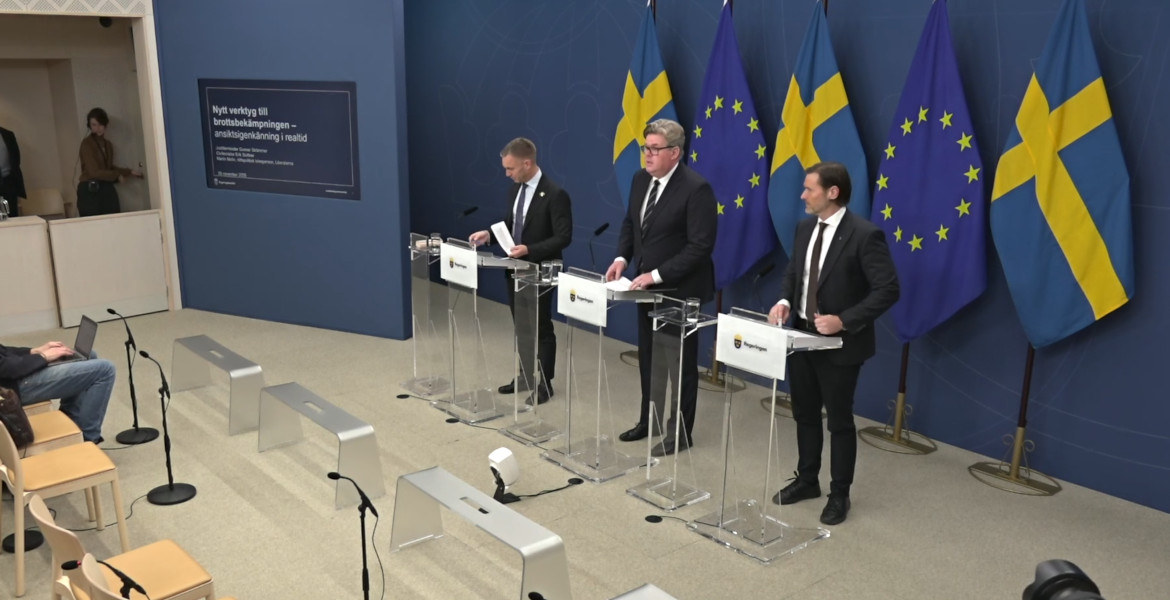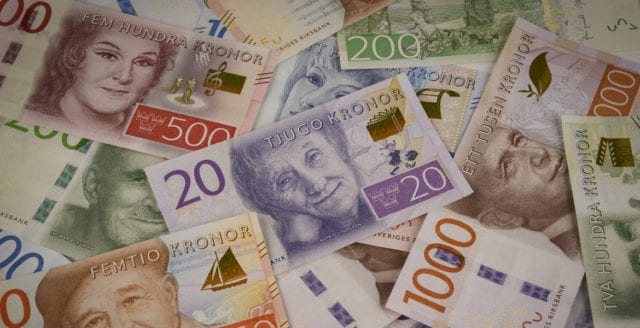Levels of chemicals in Swedish youth vary widely, according to a doctoral thesis from the Swedish University of Agricultural Sciences (SLU). Factors such as gender, place of birth and place of residence have a major impact on levels.
Chemicals are becoming increasingly common in our environment and accumulate in the human body through constant exposure. Despite their ubiquity, knowledge of their health effects is still limited.
In his doctoral thesis, Sebastian Pineda investigated chemical levels in Swedish adolescents, their exposure to these substances and potential health risks. The samples were collected via the Swedish National Food Agency's project Riksmaten Ungdom.
Pineda's research focused on long-lived chemicals that can stay in the body for years, including harmful metals and organic pollutants such as chlorinated, brominated or fluorinated substances, such as PFAS chemicals. He also studied short-lived chemicals that leave the body quickly but are found in everyday products such as makeup, skincare and plastics.
Country of birth can influence
The results show that Swedish adolescents are exposed to a "chemical cocktail" similar to that observed in other highly industrialized countries, such as the United States. However, factors such as gender and place of birth play a crucial role in the levels of different substances.
Young people born in Sweden or other industrialized countries had higher levels of persistent chemicals compared to young people born in developing countries.
– More surprisingly, country of birth also had a clear impact on levels of substances that are excreted from the body quite quickly. However, in our data, there is no information on possible sources of exposure that could help us explain this, said Pineda in a press release.
At the same time, some exceptions were noted, such as a breakdown product of DDT and a component of lindane – two insecticides banned in Sweden. Young people born in developing countries had significantly higher levels of these substances compared to Swedish adolescents.
Different for girls and boys
The study revealed clear gender differences. For example, boys had higher levels of chromium, mercury and lead than girls. One possible explanation is that boys generally eat larger amounts of food and thus ingest more metals. Another explanation could be that older girls lose some chemicals through menstrual blood.
Girls generally had higher levels of chemicals found in makeup and skincare products, as well as higher levels of cadmium. In addition, the results showed that exposure to certain substances differs between northern and southern Sweden.
– Levels of these flame retardants and plastic chemicals were higher in young people in the north. We suspect that this is related to living conditions, as we know that the indoor environment is an important pathway for these substances, says Sebastian Pineda.
Chemical mixtures and the immune system
Pineda and his colleagues also investigated the potential impact of chemical mixtures on the immune system of adolescents in the context of vaccination. The study analyzed the link between exposure and antibody levels in the blood after vaccination against diphtheria, tetanus, pertussis (DTP), and measles and rubella (MR). However, the associations were considered weak and uncertain.
– The mixture exposures did not seem to be high enough to have a clear impact on the levels of antibodies against DTP and MMR, but my thesis is only a first investigation of possible chemical mixture effects on the complex immune system in adolescents, says Pineda.





